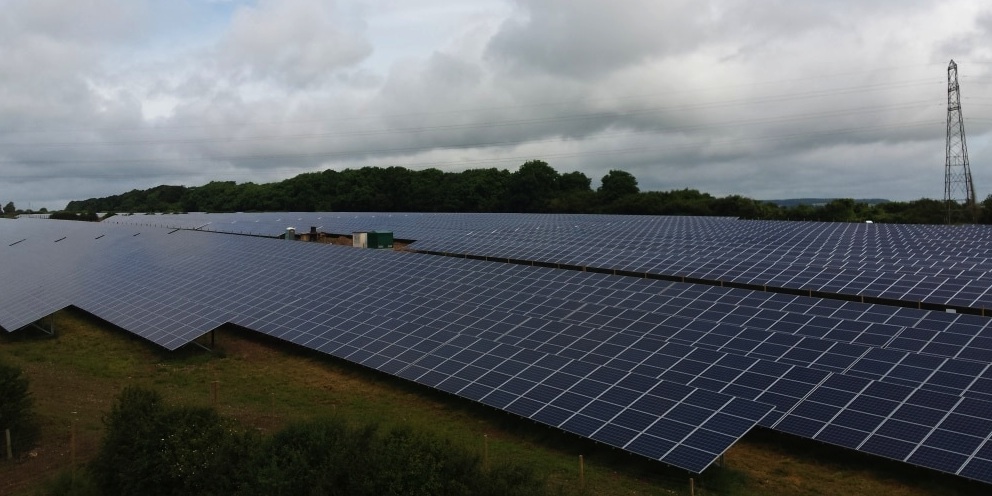The U.K. faces a stiff challenge over the next three years if it is to meet its European Union (EU) target of achieving 15% renewable energy penetration by 2020.
The target leaves the country with the fourth-steepest clean energy mountain to climb among EU members behind France, Ireland and the Netherlands, and Antoinette Sandbach, a Conservative MP and former member of the Business, Energy and Industrial Strategy (BEIS) department has admitted that to reach that goal the government has to do more.
“I do think it is possible to hit the 15% target, but it’s clearly going to require focus from the government,” Sandbach said, adding that there does now appear to be progress in the transport sector.
A statement by the BEIS – which usurped the Department of Energy and Climate Change following Theresa May’s appointment to Prime Minister last summer – said that the U.K. is now “challenged to increase its share of renewable energy by a further 6.8 percentage points to meet its 2020 target”, adding: “We are currently progressing in line with the trajectory set out in the EU Renewable Energy Directive.”
The Directive by the EU sets weighted targets for Member States, such as a 10% renewable energy share for Malta and a 49% goal for Sweden. The U.K. has fallen from EU-leader to also-ran on the issue of climate change in recent years, and many skeptics believe that the country will fall short of this target while a Conservative government is at the helm.
“The U.K. is very much not on track in relation to renewable heat in our homes, and renewable fuels in our transport,” said WWF head of climate and energy policy Gareth Redmond-King. “This is the reason we look likely to miss the 2020 target.”
The Solar Trade Association’s (STA) Leonie Greene told the Independent newspaper that the figures from government underline how big a challenge the country faces.
“It is clear renewable energy now needs some serious ministerial attention,” Greene said. “For solar we are not even asking for new subsidies – simply a fair and level playing field with other generation technologies.”
Since the Conservative government came to power in 2015, solar PV has been one of the biggest losers under the new direction, suffering drastic cuts to the FIT and the early closure of the ROC scheme. However, solar’s continuing cost declines have kept the technology competitive, but further tax hikes and lopsided auctions have taken further wind out of PV’s sails in recent months.
Despite this, however, solar installations in the U.K. in Q1 were relatively encouraging, offering hope that the sector can continue to grow free from subsidy.
This content is protected by copyright and may not be reused. If you want to cooperate with us and would like to reuse some of our content, please contact: editors@pv-magazine.com.



By submitting this form you agree to pv magazine using your data for the purposes of publishing your comment.
Your personal data will only be disclosed or otherwise transmitted to third parties for the purposes of spam filtering or if this is necessary for technical maintenance of the website. Any other transfer to third parties will not take place unless this is justified on the basis of applicable data protection regulations or if pv magazine is legally obliged to do so.
You may revoke this consent at any time with effect for the future, in which case your personal data will be deleted immediately. Otherwise, your data will be deleted if pv magazine has processed your request or the purpose of data storage is fulfilled.
Further information on data privacy can be found in our Data Protection Policy.